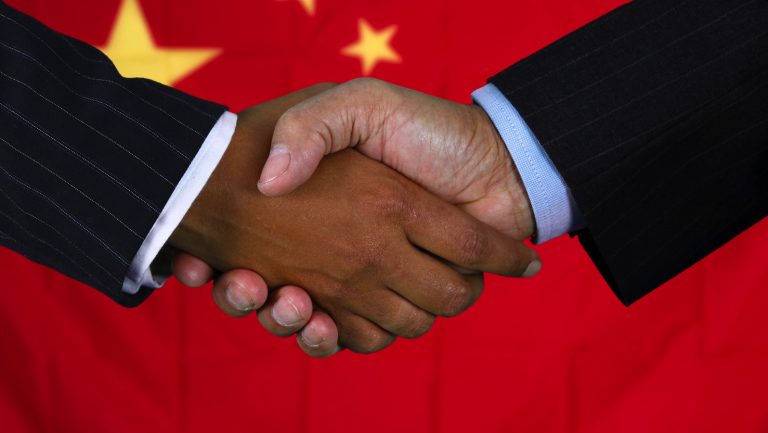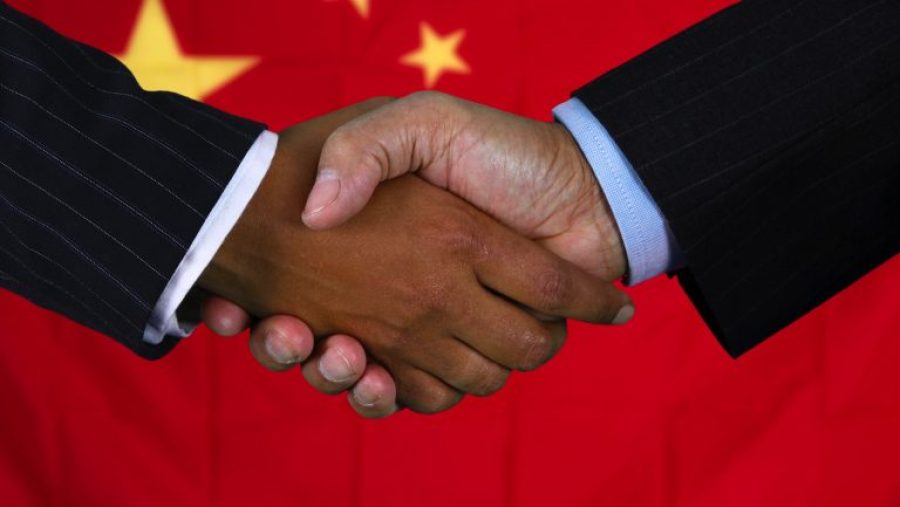In the first eight months of 2021, trade between China and African countries grew by 40 per cent year-on-year to US$162.7 billion, nearing pre-pandemic levels.
In 2020, the total dropped 11 per cent year-on-year to US$187 billion, after growing 2 per cent to US$208.7 billion in 2019, before Covid-19 emerged, according to Chinese customs data.
In the year to the end of August, China bought goods worth US$68.8 billion, up 45 per cent from the same period last year. It has continued to source raw materials such as oil, cobalt and copper from Africa, and also bought agricultural products such as chilli pepper, cashew nuts, sesame seeds and spices.
However, analysts attributed this year’s increase of both imports and exports to price surges for commodities including metals and petroleum.
Last year, when countries implemented tough pandemic control measures including border and movement restrictions and factory and port closures, there was a slump in commodities such as oil and copper.
Since China is the biggest buyer of Africa’s oil and metals such as cobalt and copper, its imports dropped during 2020’s economic slowdown.
Prices for key commodities started recovering late last year, helping to boost trade. For instance, crude oil has recovered from a historic low of less than US$20 per barrel in May last year to about US$80.
Chinese officials have said they are hoping to import more agricultural products, and Beijing has signed trade deals with Kenya, Tanzania, Ethiopia, Mauritius and Rwanda.
Wu Peng, director-general of the Chinese foreign ministry’s African affairs department, said last month that Beijing was working on measures to expedite exports of agricultural products from the continent to China, with details expected to be unveiled next month at the Forum on China-Africa Cooperation in Dakar, Senegal.
Hannah Ryder, chief executive officer of Africa Reimagined, a Beijing-based consultancy that helps African brands navigate the Chinese market, said that demand for African products, especially agricultural goods, was rising. Chinese consumption was increasing along with income, and diversifying in taste and preference, such as organic products gaining popularity, she said.
Meanwhile, data released by Forum Macao indicated that trade in merchandise between China and the eight Portuguese-speaking countries (four of them from Africa), reached US$109.475 billion in the period from January to July 2021. It represented a 40.96 per cent increase year-on-year, according to data from China Customs.
Portuguese-speaking countries sold goods worth US$76.065 billion to China in the first seven months of 2021 – up by 35.27 per cent year-on-year. The value of China’s merchandise exports to those countries reached US$33.41 billion in the same period, an increase of 55. 9 per cent year-on-year, according to Chinese official data.
The total value of merchandise traded in July between the parties topped US$18.992 billion, down 0.36 per cent from the previous month.
The value of China’s merchandise imports from Angola, Brazil, Cabo Verde, Guiné-Bissau, Mozambique, Portugal, São Tomé and Príncipe and Timor-Leste reached US$13.571 billion, down by 2.81 per cent month-to-month, according to Chinese official data. China sold goods to those countries worth US$5.421 billion in July, an increase of 6.35 per cent compared with the previous month, CLBrief reported.






